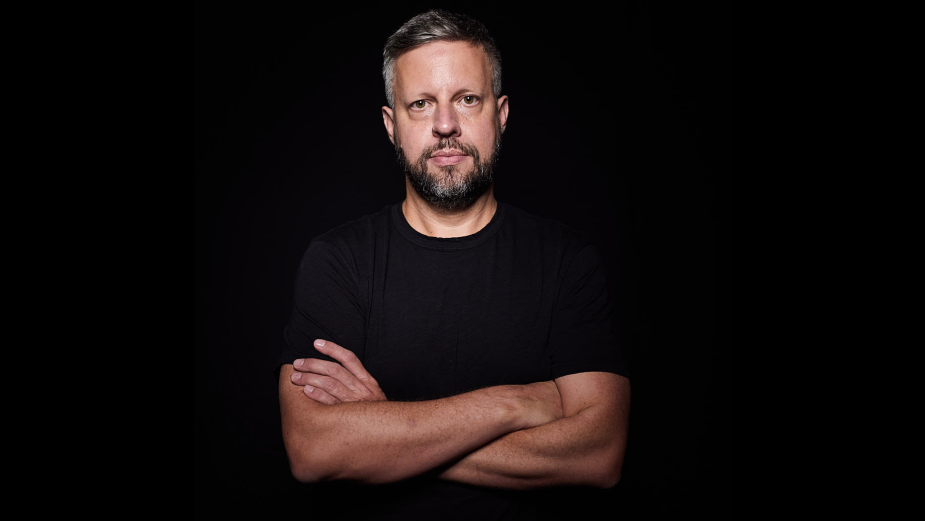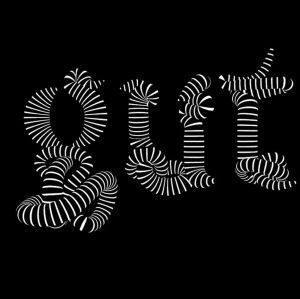
Anselmo Ramos and a GUT Instinct for Creative Talent

Anselmo Ramos is clear about what he’s looking for when hiring new talent across every department. “We’re always looking for people that love advertising,” he says.
A self-confessed ‘ad nerd’, the co-founder of GUT spies cynicism in the industry but doesn’t buy into it. “We are a bunch of ad nerds and we are proud of it,” he says. “We're always looking for like-minded people, other ad nerds. We're looking for a spark in the eye, which is very subjective, that desire to do amazing work, and usually you either have it or you don't. That spark is very thin, it is not tangible, it's not easy to find, but when you do, it's very, very special. We talk about ads all the time. That's our life. That's what we like!”
Anselmo and his business partner Gaston Bigio launched GUT in April 2018 in Miami and Buenos Aires. Since then the business has grown to more than 300 people across five markets. “We're learning so much, we're trying new things, we're trying new titles, we're trying new roles,” he says as we discuss the talent make-up of the agency. Across the board he thinks it’s not so different to any other agency but that being independent allows for more experimentation and healthy failure. “You can commit mistakes really fast and then you can fix them fast,” he says. “We’re just trying different things. For instance, we never had a chief intelligence officer but now we do. We never had a chief client officer but now we do. Those are just two examples where we're just trying different roles. The good thing is that we can try, we can invest and see what happens. And if it works, great. If it doesn't, it’s not a big deal.”
One thing that he believes does set his teams apart from other agencies is an intense passion that runs through every department - and which encapsulates that nerdiness. To coax out that spark during the interview process, the team at GUT leans into its name and the core values it represents. “The first value is courage because we're always encouraging our clients to have the guts to do something that hasn't been done before,” he says. “The second value is transparency. We like to spill our guts, inside and out, say the truth, internally and externally. And finally, our most important value is intuition because we want to follow our guts, not only your own individual gut but also our collective guts, which is even more powerful. In the interview, we ask the kind of questions that would allow us to see if the person is courageous, transparent and intuitive.”
As the company scales, Anselmo is mindful of GUT committing the same mistakes that he sees at other agencies, which he believes are ‘really good at complicating things’ with too many people and too many layers of processes. His antidote for that is something he calls ‘conscious chaos’, which the agency is trying to figure out how to maintain as its size increases and so do the inevitable processes that come with it.
“We try to keep it simple and remember that we all want the same thing, the best idea possible for our clients,” he says. “We're not very organised because there's some conscious chaos. Although we're getting to a point now that we need to get organised because we have got to more than 300 people. We're clearly not a startup anymore - we are a network in five countries and we need more process and we need to get a bit more organised. But our biggest challenge right now is how to improve on process and organisation without losing the magic and who we are. But it's a great problem to have because we have the talent, we have the brave clients, we have the ideas, we just need to get a little more organised.
“I think a little bit of chaos is good otherwise things become like a factory or something,” he adds. “The creative process is messy. You might have an idea Friday night because you can't control that. It's never going to be perfect, it's always going to be a little messy, which I think is good. We just need to make sure that we have some process in place that we try to follow as much as possible but always allowing room for improvisation and exceptions and creativity.”
Our chat rounds out with some thoughts on the way that in-house agencies are impacting the ways ad agencies are working and the so-called talent war between advertising, brands, tech companies and other industries. “In-house agencies are like agencies,” he says. “We've had all sorts of experiences. In the best cases it's really about collaboration, there's no competition. The roles are really clear, we complement each other and we both work for the brand. Sometimes the in-house agency can have an idea and we execute it because we're more capable of executing a complex idea. Sometimes the opposite. We can have an idea that's so simple, maybe it's just a tweet or something, that they can execute it internally. The key thing is that there is no competition. We like each other, we respect each other, the roles are clear and we're both working for the brand because the brand is the boss, the brand is bigger than any CMO, CCO, agency or in-house agency.”
On the talent war, Anselmo thinks it’s real and it’s here to stay - but that there is also a very clear and simple path to victory. “More and more companies are realising the power of creativity, even beyond advertising, and the best talent is going to be really desired. Companies will need to really know who they are in order to attract the best talent, so the best way to attract talent is to really put great work out.
"Having an environment where the talent can thrive, and be who they are, is important. But I think when you put great work out, the talent can look and say, ‘I want to do that kind of work, I want to go there because it looks like they're having fun.’”













